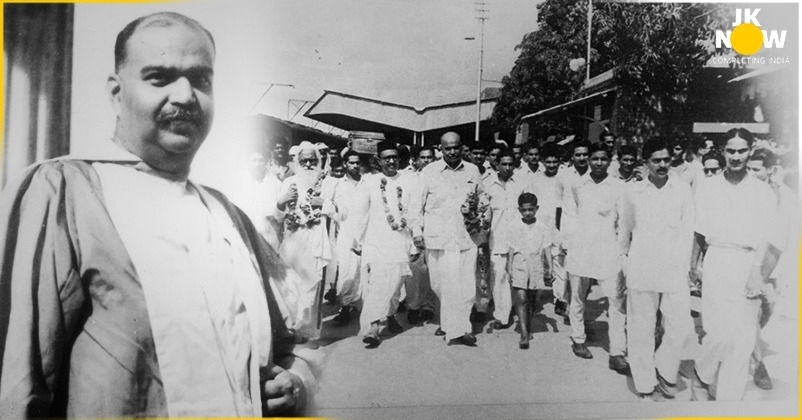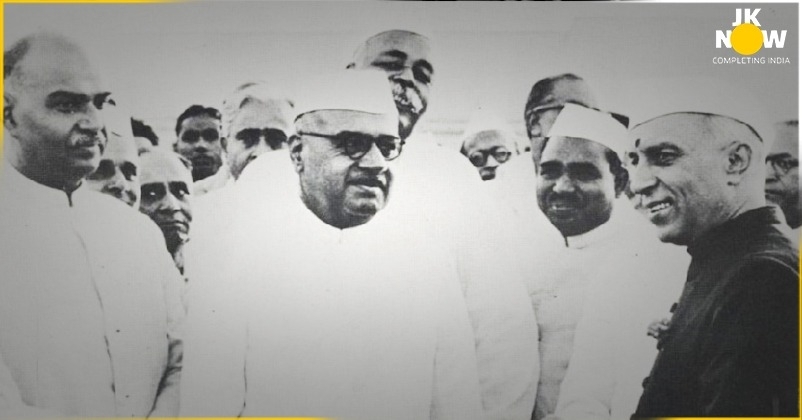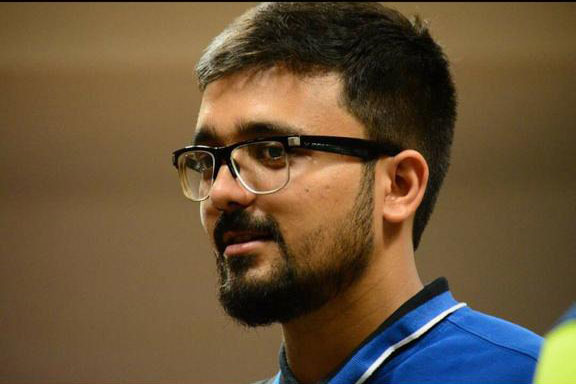“Nationalism is indivisible” Jammu and Kashmir through the eyes of Dr. Syama Prasad Mookerjee
| 05-Jul-2019 |

Almost 67 years ago, Sheikh Abdullah coerced JawaharLal Nehru for giving unilateral concessions to the State of Jammu and Kashmir. Most of these concessionswere aimed towards greater autonomy for the State. Some viewed them as atrociously separatists. However, the strongest opposition came from Dr. Syama Prasad Mookerjee when he delivered his speech before the Indian Parliament on 26 June 1952 in response to the demands made in relation to the State of Jammu and Kashmir. As a parliamentarian and Indian citizen who believed in the idea of a strong federation, Dr. Mookerjeewarned Nehru about the unforeseen consequences of succumbing to the divisive agenda floated by Sheikh Abdullah.
Of the many concessions requested by Sheikh Abdullah, the demand of a separate flag for Jammu and Kashmir, was vociferously condemned, by Dr. Mookerjee. A person who adopted as his first resource, the pride of his nation, Dr. Mookerjee said that the idea of separate flag in a separate Kashmiri Republic could never be visualized. In his view, a separate flag for the State was not simply a question of equivalence, but a question about having one single flag for the entire country of which Kashmir is a part. In this spirit, he reminded the Indian Parliament about the historical significance of the Indian National Flag and the innumerable sacrifices made during the struggle for independence, it represents.He said that the Indian National Flag is an expression of a fully independent India, not belonging to any particular State or any society or any region.

Despite being strongly opposed to the idea of separatist nationalism in Kashmir, Dr. Mookerjee remained sensitive to regional values and culture. He understood the diversity behind the making of “Bharat” most ideally expressed in the words “koskos par badlepani, chaarkos par vaani”. With these considered thoughts, Dr. Mookerjee never opposed the idea of a separate flag for political parties that would represent the collective struggle of the people they represent. However, for Jammu and Kashmir, he cautioned that the struggle of people in theKashmir Valley does not represent the struggle of the entire State. In his view, also reflecting the public sentiment in Jammu and Ladakh, if the people living in the Kashmir Valley did not want to integrate with India, the people from the Jammu and Ladakh region and desirous of merging with India, should not be pushed into the political crossfire started by Sheikh Abdullah and Nehru. By doing so, Dr. Mookerjeemerely intended to fulfill the wishes of people from Jammu and Ladakh. What many scholars of history and political science would want to brandish as aggressive nationalism, the passionate speech delivered by Dr. Mookerjee before the Indian Parliament shows that the belief and ideology he espoused, though conservative, was grounded in the idea and reality of a united and democratic India where all views were to be equally respected and considered.
